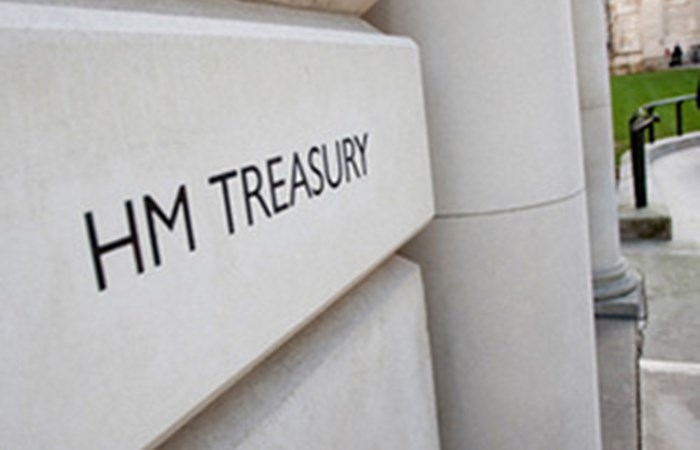govt

Insurance Linked Securities (ILS) enable insurers to transfer large and complex risks to capital market investors. A UK regime will help to strengthen the sectors contribution to the UK economy and enhance the UKs position as a leader in this global industry. Increased capacity in the market should help reduce costs for insurers, which is good for business and consumers.
Currently UK insurers use ILS to help manage the risks of their business by arranging deals with off-shore vehicles. These rule changes ensure the Prudential Regulation Authority (PRA) can apply a fit-for-purpose regulatory approach to Insurance Linked Securities vehicles, bringing the UKs expertise and influence to a growing market.
Economic Secretary to the Treasury, Stephen Barclay said:
London is the largest global hub for commercial and specialty insurance and reinsurance, and can offer a wide range of expertise unmatched in the global market. By bringing Insurance Linked Securities deals to the UK, not only can we open up a valuable new market, but we can also ensure its world-class regulation, bringing benefits to the economy, UK businesses, and consumers.
Insurance Linked Securities are a form of alternative risk transfer which gives protection buyers new options to transfer risk to the capital markets. They are commonly used to mitigate catastrophic risk arising from natural disasters where the human and economic costs are high new research commissioned by the Department for International Development shows that disasters cost $30 billion a year across 77 of the poorest countries.
Use of Insurance Linked Securities has grown very significantly in recent years and is now an established part of the global reinsurance market. Capital backing Insurance Linked Securities stands at around $90 billion. Consultancy firm EY has estimated that this market could grow to a value of $224 billion by 2021.
Insurance Linked Securities use a range of specialist skills and services to arrange the deals, including underwriting, risk modelling, b
